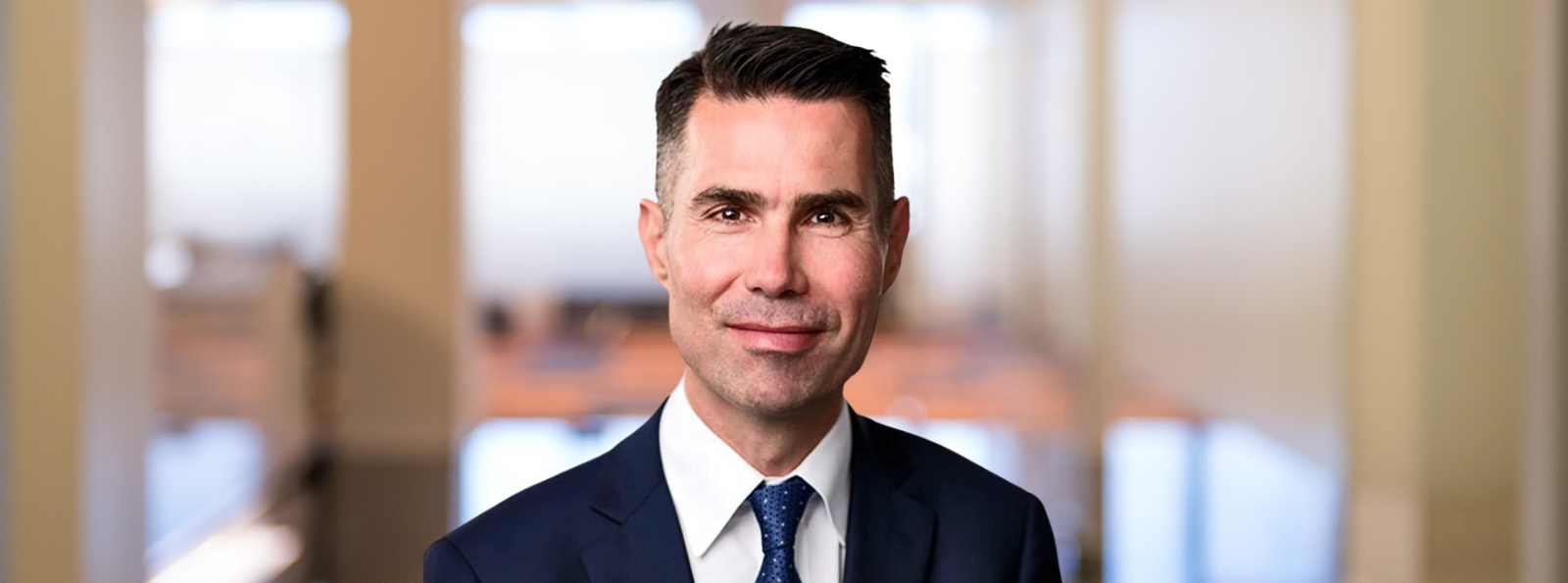Why this investor would not make one change to his portfolio even if a recession was certain
Taken at face value, running a concentrated portfolio of 15 stocks, comprising the best businesses in the world, and not worrying so much about the macro conditions seems like a cinch.
Buy some good businesses, stick them in the bottom drawer, and go and play golf. If only it were that simple.
The first hurdle is building a tried and tested process to identify the ‘best’ businesses. But how do you define ‘best’ and then how do you select the 15 – or more to the point, how do you exclude the thousands of others up for consideration?
Stephen Arnold, Chief Investment Officer at Aoris Investment Management, focuses on buying high-quality, wealth-creating businesses run by prudent and capable management. On top of that, the 15 businesses in the portfolio trade “at roughly a 20% discount to what we believe them to be worth”.
.png)
In the following Rapid Fire interview, Arnold shares a little more about his investment philosophy, a couple of stocks that make the cut, why he “wouldn’t make a single change to the portfolio” if he knew a recession was imminent, and what is on his reading list.
Corporate culture comes to the fore in the way a company treats its customers and its employees, whether it makes decisions for the short or the long term, and whether it complies with or breaks the rules.
As an investor, all of this is highly relevant to both growth and risk. As the world has become more transparent and news of unhappy employees or customers travels faster, culture has never been more relevant to corporate growth and success.
Cintas (NYSE: CTAS), which is America’s largest uniform rental and facility services company, is a great example. It has an employee handbook, called The Spirit is the Difference, which spells out its culture and how its people are expected to behave. I have a copy in our Aoris office library. Culture is a foundation of its success.
Cintas keeps its customers on average for over 25 years, and every year more customers do more business with Cintas.
I don’t have a view on the attractiveness of US market in aggregate. Our approach is highly selective, and we have just 15 companies in the Aoris portfolio.
Those 15 businesses trade today at roughly a 20% discount to what we believe them to be worth.
The value of the businesses we own is rising at around 10% each year, and you’re getting that at 80c in the dollar today.
Wage inflation is something to keep an eye on. Labour markets in most countries are very tight and unemployment close to record lows. Auto workers in the US have recently secured significant multi-year pay increases that may have spill-over effects into other sectors. This could be a real challenge for many labour-intensive businesses, particularly less profitable ones.
This is where a strong corporate culture really pays off. The retailer Costco (NYSE: COST), which is in the Aoris portfolio, has one of the highest employee retention rates in its industry, making it far less vulnerable in our view to upward wage pressure than its peers.
If I knew for sure a recession was around the corner, I wouldn’t make a single change to our portfolio.
Recessions are inevitable, but they happen less often than most people expect, and they are a lot harder to anticipate than most people believe. So, rather than “predict and position”, we always avoid businesses that would fare poorly in a recession, such as banks and commodity companies. Instead, we own only those we would be happy to own through the toughest of conditions.
A recent addition to our portfolio is Atlas Copco (STO: ATCO-A), which is based in Sweden and is 150 years old. They have highly profitable, leading positions in products that are used to make industrial and manufacturing processes more efficient. Examples include air compressors and vacuum pumps.
Energy accounts for 80% of the lifetime cost of ownership of these products. So, saving 5-10% on energy represents a large saving relative to the purchase cost and this is one area Atlas Copco excels. Atlas Copco is another company whose corporate culture is highly regarded.
If your objective is long-term returns, don’t try to optimise the short-term. Avoid bad businesses and be a patient, long-term owner of good ones. There is a lot of truth in the adage “time in the market beats timing the market”.
Sure, I’ll give you two. I read Walter Isaacson’s biography of Elon Musk on a recent family vacation on the Sunshine Coast. I thought I should learn a bit about such an accomplished and influential person and found the book a much easier 700-page read than I expected.
I just finished Money Men by Dan McCrum, which is about a German company called Wirecard, which at one point was valued at over €20 billion but turned out to be a giant fraud. It’s good to be reminded how people can be deceived.

3 topics
2 stocks mentioned
1 fund mentioned
1 contributor mentioned


